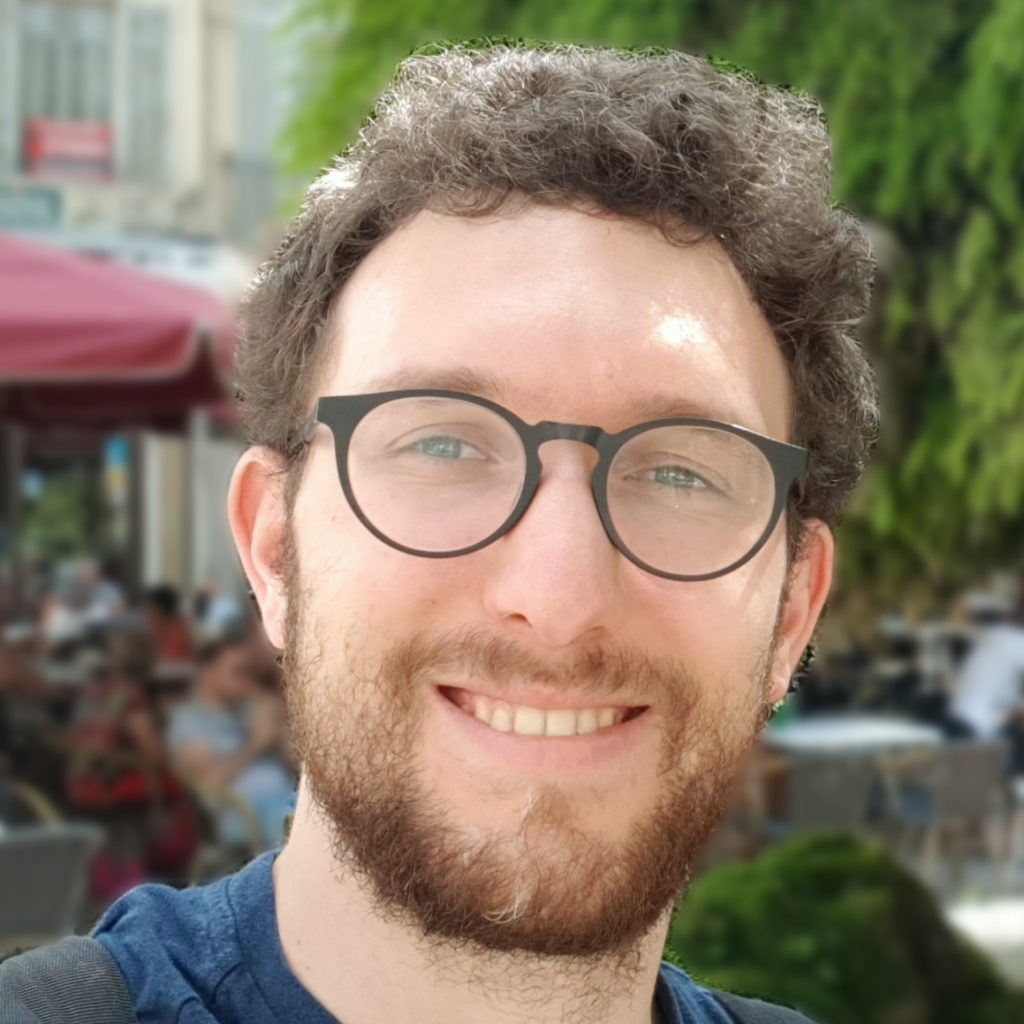Machine-Learning Based Optimization of Navigation Algorithms and embedded implementation techniques
In the last years, machine learning algorithms have dominated the scene of the data science and have been applied to a great number of different contexts, reaching impressive results in particular for computer vision. The huge boost of the computing capabilities of modern electronic architectures, together with the development of dedicated components specifically designed to process a large quantity of data, has contributed to the rise of deep learning, that has become the dominant class in machine learning in recent years.
Robotic autonomous navigation is a task that relies on the ability to acquire, process and interpret a lot of information coming from different sources. Deep learning can be applied to such a task in order to optimize the navigation process to achieve different goals, such as optimal path generation, dynamic obstacle avoidance, real-time path planning, automatic map generation and interpretation, sensor fusion, understanding of the environment, interaction with external objects or agents.
The research focuses on the analysis of different service robotics applications in both indoor and outdoor environments and on the design and the development of data-driven machine learning algorithms. A key aspect is also the optimization of the inference process, in order to achieve an efficient execution of the trained models, that should be executed on-board with low-power dedicated embedded hardware following the paradigm of the Edge AI.
- Develop deep learning algorithms to be applied in the context of the service robotics with a particular focus on navigation tasks
- Design machine learning models to achieve real-time execution on low-power embedded hardware
- Optimize sensing and navigation strategies to merge information coming from sensors of different nature
- Study novel approaches to optimize target objective function specific to the application context
Department: PhD in Electrical, Electronics and Communications Engineering
Funded by: Big Data and Data Science Lab (SmartData) of Politecnico di Torino
Supervisor: Prof. Marcello Chiaberge (PIC4SeR) | Prof. Fabrizio Lamberti (SmartData)


